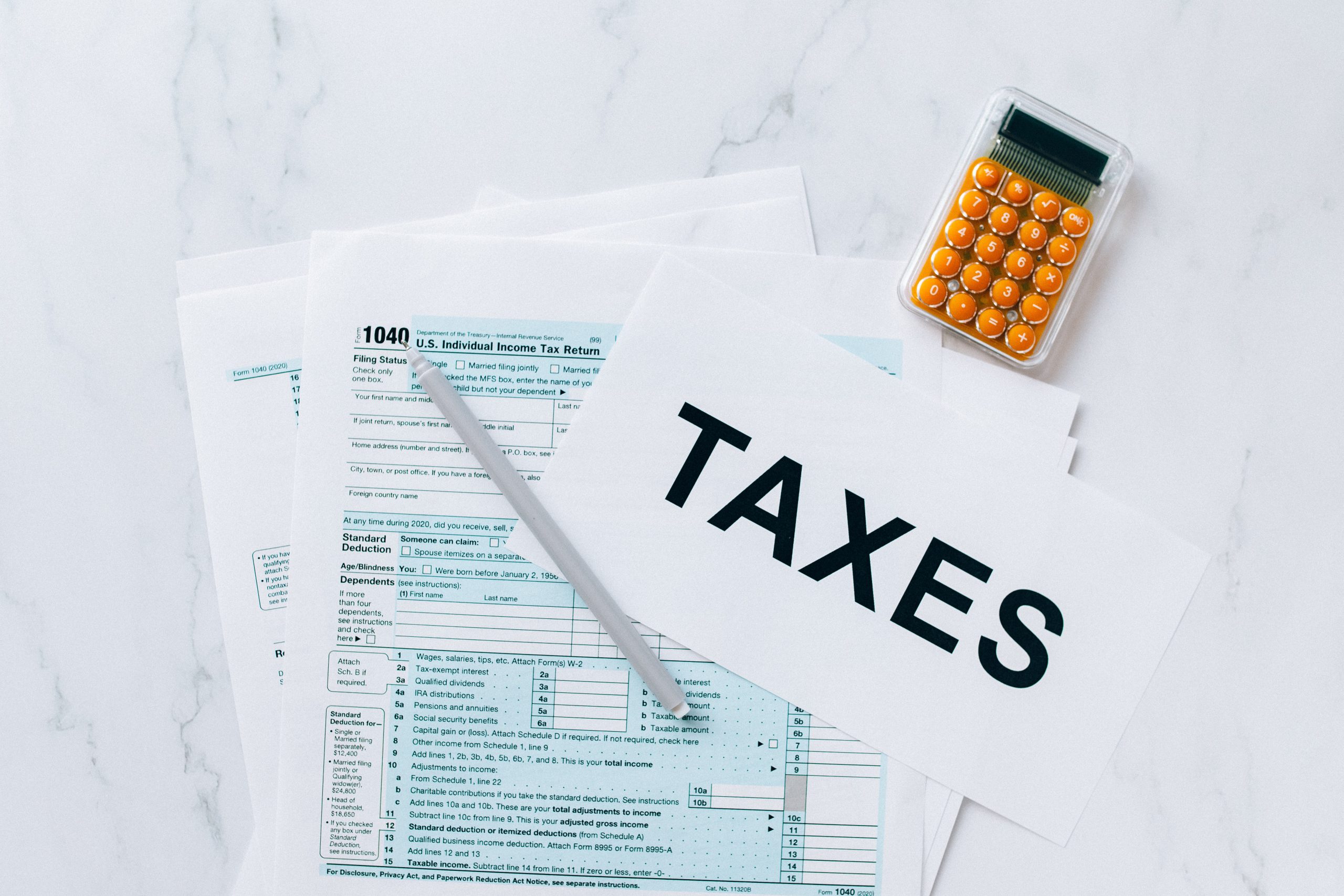Understanding Tax Refund Scams
As tax season approaches, scammers become increasingly active in their attempts to steal money and sensitive information from unsuspecting taxpayers. Tax refund scams are a prevalent form of financial fraud where criminals pose as IRS agents or government representatives to trick individuals into providing personal information or granting access to their tax refunds. These scams are particularly effective because dealing with the IRS can be intimidating, and many people may not be familiar with the agency’s standard communication methods.
Common Tax Refund Scams to Beware of This Tax Season
Phishing Emails Asking to Verify Information
Scammers send phishing emails posing as the IRS and demand immediate payment or verification of personal information. Clicking on the provided links leads to fraudulent websites that collect sensitive data, putting victims at risk of identity theft.
Phone Calls Demanding Money
Scammers use robocalls or impersonate IRS agents over the phone, claiming individuals owe taxes and threatening legal action or arrest if they don’t pay immediately. The money or information provided goes directly to the scammer.

Tax Return Filed Under Your Name
Tax identity theft occurs when scammers file tax returns using stolen personal information. The fraudulent return shows a large refund, and victims may only discover this when they try to file their legitimate tax returns.
Claiming Social Security Number Suspension
Scammers use fear tactics, claiming that the victim’s Social Security Number has been suspended, revoked, or canceled due to tax issues. They aim to obtain personal information for nefarious purposes.
“Ghost” Tax Preparation Scams
Fake tax preparers may file inaccurate returns or commit tax fraud under the guise of assisting with tax filing. Valid tax preparers have a Preparer Tax Identification Number (PTIN) issued by the IRS.
Email Requesting Additional Tax Forms
Scammers may send emails asking for tax forms that the IRS would never request through email. Individuals should ignore such requests and report the fraud to the IRS.
Notifying You of an Extra Refund
Scammers send messages claiming that the IRS has recalculated the return, resulting in a larger refund. Victims are prompted to provide personal or financial information to claim the fictitious refund.
Overdue Stimulus Payments or Unemployment Benefits
Scammers take advantage of pandemic-related benefits by promising extra or overdue stimulus payments or unemployment benefits, asking victims to provide personal information or pay fees.
Call from a Tax Agency Other Than the IRS
Fraudsters may pretend to be from legitimate or fake tax agencies like the Taxpayer Advocate Service or Bureau of Tax Enforcement, demanding payment or personal information.
Overdue Payment Scam
After a legitimate or fraudulent direct deposit refund, scammers call or text individuals, claiming the refund was too high, and they must return the extra money through gift cards or cryptocurrency.
Offer in Compromise (OIC) Scams
Scammers offer to help individuals apply for the legitimate IRS program called Offer in Compromise, even if they don’t qualify, charging for unnecessary assistance.
Demanding Payment in Gift Cards or Cryptocurrency
Scammers demand payment for penalties or overpaid taxes using gift cards or cryptocurrency, payment methods that the IRS does not accept.
Requesting a W8-BEN
Scammers request individuals to fill out fraudulent versions of the legitimate IRS form W8-BEN, leading to potential identity theft and financial fraud.
How to Spot an IRS Imposter
Understanding how the IRS typically communicates with taxpayers can help identify imposters:
- Legitimate IRS communication is primarily through physical mail via the U.S. Postal Service.
- IRS agents never threaten or demand immediate payment during calls or in-person visits.
- Beware of unsolicited communications over email, text, or social media, as the IRS does not use these channels.
- Genuine IRS phone calls are made by humans, not robocalls or automated messages.
How to Know If You’re the Victim of Tax Refund Fraud
Look for signs of identity theft from tax fraud:
- The IRS informs you that a return has already been filed under your Social Security Number.
- You receive notifications of unfamiliar IRS.gov accounts or tax transcripts you didn’t request.
- You receive tax documents like W-2 or 1099 forms from employers you’ve never worked for.
- Your bank blocks or rejects a tax refund check you deposited.
- You receive a refund check before filing your taxes.
Steps to Take If You’ve Fallen Victim to a Tax Scam
If you suspect you’ve been targeted by a tax scam:
- Fill out an Identity Theft Affidavit and mail it with your tax return if another return was filed in your name.
- Verify the amount owed if someone claims you owe taxes, and report the fraud to the IRS.
- Cancel fraudulent transactions if you’ve sent money to scammers.
- File a report with the FTC and TIGTA for identity theft.
- Set up a fraud alert or credit freeze at the credit bureaus and take steps to protect your identity.
Remember to stay vigilant during tax season and report any suspicious activity to protect yourself from tax refund scams and potential identity theft.










